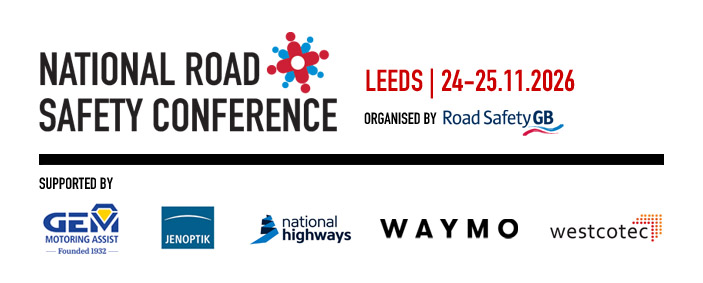Bus Safety Standard - delivering safer buses in London
The Bus Safety Standard (BSS) contractually requires the use of safer vehicles by specifying safety requirements that new buses entering service in London must meet, both ahead of and in addition to regulation.
The first suite of safety requirements for new buses was introduced in 2019, with subsequent requirements in 2021 and 2024.
The measures introduced through the BSS have pushed boundaries in bus vehicle safety through a range of new innovations and are being increasingly adopted by other local authorities around the world, and it is leading the way across the bus industry to encourage safer vehicles.
We have worked with the bus industry and specialists, ensuring a robust and evidence-led approach. Measures introduced include optimised front-end geometry and Vulnerable Road User (VRU) frontal crashworthiness to reduce the severity of injuries for road users outside the bus in a collision. This has been a significant area of work and has involved a complete re-design of the front of the bus, a responsive Acoustic Vehicle Alerting System (AVAS) system for quiet running buses, Intelligent Speed Assistance which limits the speed of a bus to the posted speed limited and camera Monitoring Systems that replace wing mirrors to reduce blind spots.
Another measure is Advanced Emergency Braking (AEB), a driver assist system intended to help a driver avoid or mitigate the severity of collisions. If a driver does not act to prevent a collision, then AEB automatically brakes. It is a requirement in 2024 for new buses entering service in London and is forecast to have significant safety benefits. While AEB systems are used on coaches, HGVs and cars, London is the first city to require it on buses. City buses pose a unique challenge because of unbelted and standing passengers. Transport for London (TfL) has undertaken in-depth research, trials and engagement to develop the first Bus Vehicle Specification for AEB and support the bus industry to deliver AEB for city buses.
We are now developing phase 2 of the BSS to ensure we continue to innovate while delivering the safest buses and will cover new safety requirements for 2027, 2030 and 2033.

Garnett Keeler Photo Shoot / filming with Volvo Electric Bus for TfL. . . . Photo with AEB ( Advanced Emergency Braking ) Electric bus and TFL- Bus Safety Development Manager - Rachel Birrell.
Rachel Birrell, Bus Safety Development Manager, Transport for London
Rachel Birrell is a Bus Safety Development Manager at Transport for London (TfL) with more than 15 years’ experience working in transport planning in a range of roles within TfL and in consultancy, covering policy and strategy, and the development, assessment, and delivery of infrastructure projects.
Rachel is currently leading the development of the Bus Safety Standard Phase 2 which will set new requirements for buses entering service from 2027, which includes a new inclusive and ergonomic cab design.
